Some students believe avoiding vaccinations is healthier
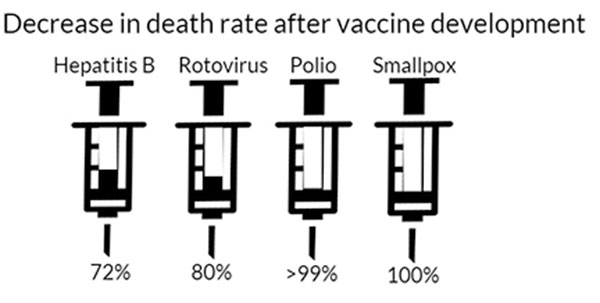
April 30, 2015
“I’ve never really been to the doctor in my life,” senior Avery Kojis said. In fact, he can count his visits on one hand. “The only times I’ve ever been to the doctor – I got my blood tested when I was younger to make sure I had no very serious diseases, then I broke my collarbone and I sprained my ankle. And those are the only times I’ve ever been.”
This might shock and concern some, but Kojis also says that he feels that the regular medical care that many of us are used to just isn’t necessary.
“I feel like I’m really healthy and I don’t see the need to [do] something else to make me stronger,” he said.
Kojis’ ‘if it ain’t broke don’t fix it’ approach may be working out well for him, but it also intersects with a recent hot button issue. The topic of vaccines seems to resurface in the news every few years.
In early January, officials reported seven cases of measles in visitors to the Disneyland park. 6 of the 7 infected people were not vaccinated. By the end of January, at least 73 cases had been reported to California, with 50 linked to the Disney outbreak. As of March 6th, 173 cases in 17 states were reported to have measles, with most traced back to the Disneyland outbreak.
Measles is extremely contagious, potentially deadly, and was completely eliminated in the United States in 2000. Vacationers at Disneyland might not have been expecting to contract measles, but neither is Kojis. “A lot of people think that because I’m not vaccinated I’m just going to get every disease whenever I’m near somebody… I feel like it [depends] more what your body is like [if you’re going to catch something] and not what virus it is [that] somebody has.”
Amber Cordes-Eklund, also a senior, agreed with him. “I’ve never been afraid of getting sick,” she said.
She went on to say, “I’m never had the chicken pox, I’ve never gotten the chicken pox shot. I’ve never gotten the flu shot and I’ve never really had the flu.” Cordes-Eklund has also decided not to be vaccinated.
Both Cordes-Eklund and Kojis said that, in general, they prefer to keep medical intervention as minimal as possible.
“I rarely take ibuprofen or Advil, when I do take them… I don’t really think that it does stuff. I just think your body can fight off colds and stuff on its own. That’s how my parents have raised me… like sore throats we’d eat a tablespoon of honey rather than have a cough drop, when I was younger,” Cordes-Eklund described.
This focus on natural remedies led her parents to be concerned about vaccines. “My kindergarten vaccinations I never got, my mom was really into not vaccinating us – I have six older siblings, and we never got vaccinated,” she said.
She thinks that naturally the body can fight off diseases better than vaccinations can, and they’re bad for you – they’re just not a natural way of having your body defend itself,” Cordes-Eklund described.
Both Kojis and Cordes-Eklund feel that vaccinations could actually harm their ability to fight disease. Kojis said, “I see people who get vaccinated and I see people get sick all the time. And I know there’s people who don’t get vaccinated and get sick all the time, too, but not being vaccinated, I feel like has made my immune system stronger.”
Cordes-Eklund echoed, “I don’t think I’d vaccinate my kids, they make it seem really scary… but all my siblings have been healthy and of what I’ve experienced in my own life it was never necessary… not taking medications or vaccinations we’ve been healthier.”
Some ardent anti-vaccination advocates go much further than Kojis and Cordes-Eklund. With actress Jenny McCarthy leading the movement, many mothers have decided not to vaccinate their children.
One of the most frequently cited claims is that there may be a link between vaccines and autism. A blogger on “Voices for Vaccines” fought back against this perception, telling her story as a former anti-vaccine advocate whose daughter has been diagnosed as autistic.
“I couldn’t deny that my daughter had developmental delays well before she was ever vaccinated… By the time my daughter was three I couldn’t deny… she needed to be vaccinated and vaccines had nothing to do with her differences,” she wrote.
Here in Minnesota, we have a fairly high vaccination rates, between 92.7 and 96.7 percent according to the CDC. However, rates have been dropping in recent years.
In fact, Cordes-Eklund was even encouraged by South to get vaccinated: “This year, they called my dad a bunch… I think they said you can’t come back after winter break if you don’t have them. Then we got the form from the nurse… you’ve got to get it notarized at the doctor.”
Lori Carlson, a nurse practitioner in South’s school based clinic, says that she believes most students at South have all recommended vaccinations.
Students with public health insurance or in certain specific groups can also take advantage of free vaccinations offered in the school based clinic. “There are many preventable infectious disease that most of the people [in the United States] have never experienced,” she said.
“There are risks in vaccination… I encourage kids to just do their own research,” Carlson went on to offer to provide recommendations of resources to any interested students.


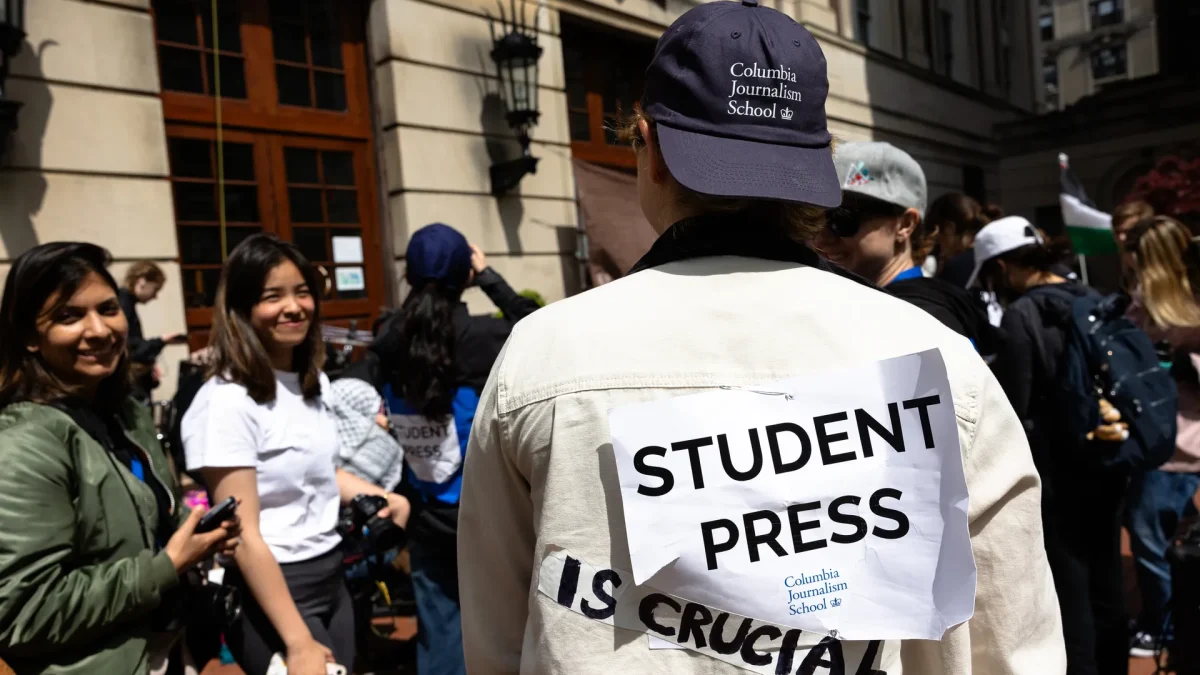


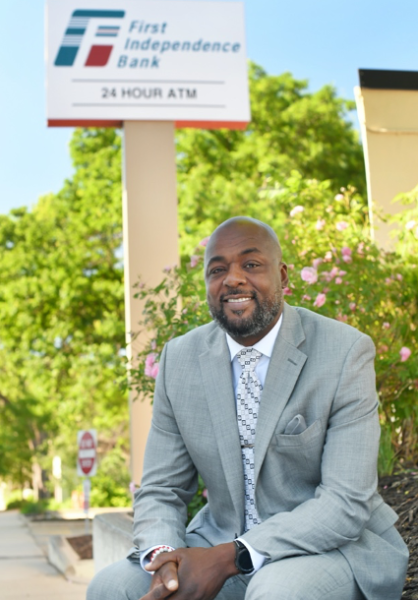

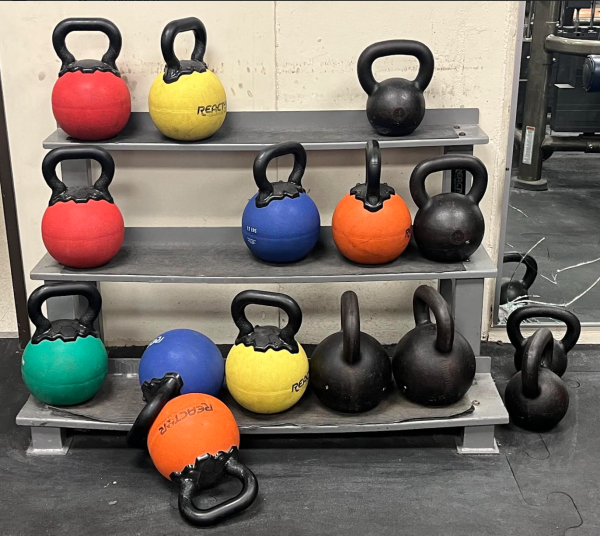

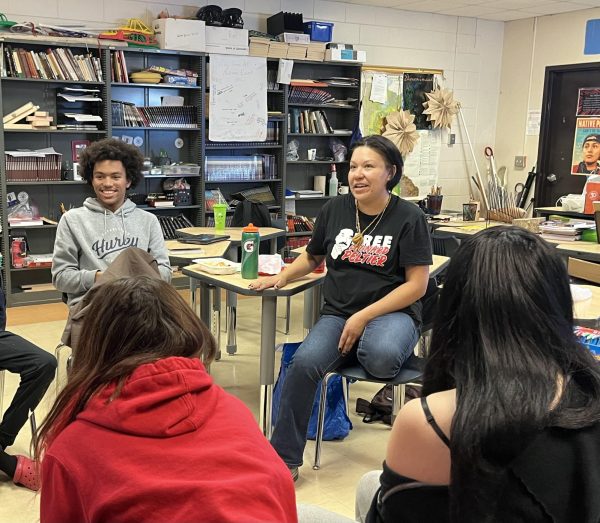
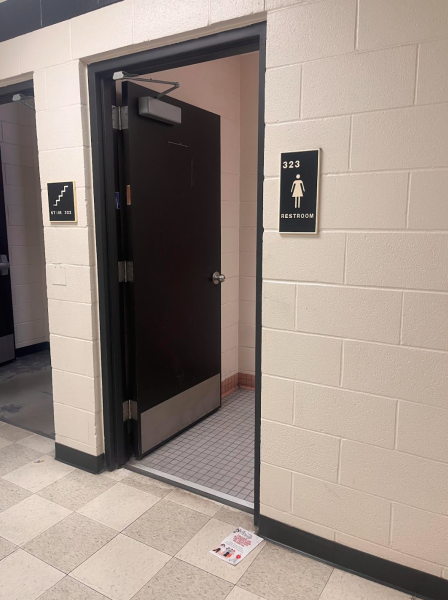

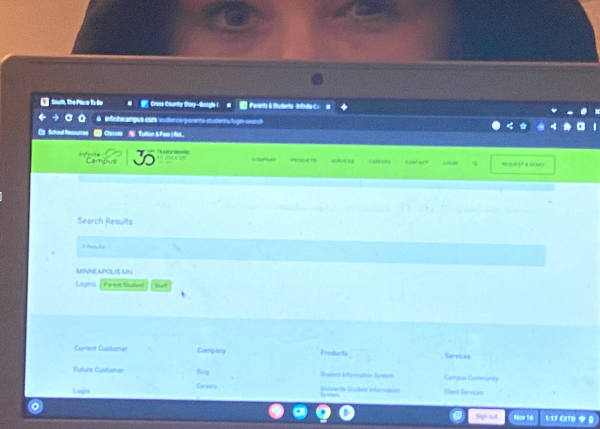

Kendra Roedl • Aug 2, 2015 at 3:42 pm
“I feel like I’m really healthy and I don’t see the need to [do] something else to make me stronger,” “I’ve never been afraid of getting sick,”
When will people realize it’s not about you? What if you carry the virus and give it to someone else who wasn’t vaccinated with a weaker immune system than you? But the real problem is you don’t know if your body could fight off something like measles or polio because most people get vaccinated. If it weren’t for the fact that un-vaccinated people in the U.S. are minorities, and we had almost got rid of many dangerous illnesses due to all the vaccinations, those that didn’t get shots wouldn’t be so lucky. It wasn’t until McCarthy came around with her false claim advocating for not vaccinating your kids that a measles outbreak happened.